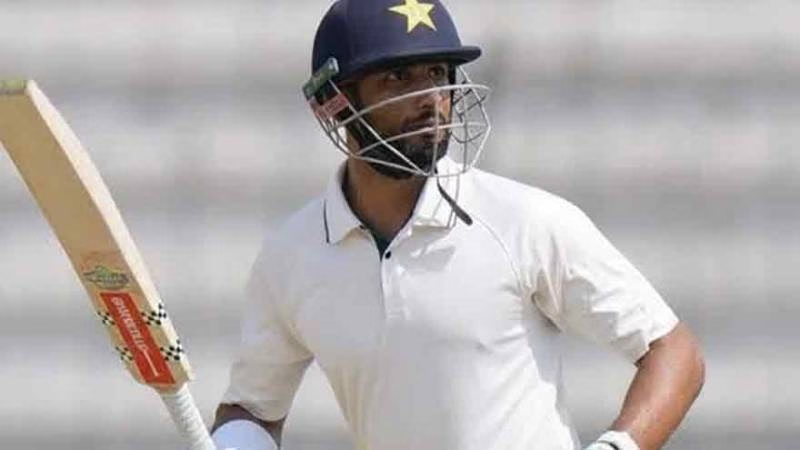In a landmark decision, Pakistan’s Supreme Court has accepted petitions challenging the trials held in military courts and declared the trials of military personnel and civilians by these courts as unconstitutional. The decision was made in a 4-1 majority verdict by a five-member bench headed by Chief Justice Aijaz-ul-Hassan. Justice Yahya Afridi dissented with the majority opinion.
The Supreme Court held that if a civilian faces a trial in military courts, it would be considered null and void, as it violates the Constitution’s fundamental rights. This move is seen as a significant step towards re-establishing the supremacy of civilian courts over military courts.
The decision to transfer the cases from military courts to civilian courts was made concerning a list of 103 individuals, mainly affiliated with the Pakistan Tehreek-e-Insaf (PTI) political party, who were accused of being involved in the May 9 and 10 events, particularly acts of violence and terrorism. While the verdict provided clarity on these cases, it is also expected to have broader implications for the legal and constitutional landscape in Pakistan.
The Supreme Court emphasized that those already under trial or individuals involved in future incidents would face prosecution in the civilian courts. The court clarified that no legal status exists for actions taken under the military act against these individuals. Consequently, all the legal proceedings against these individuals would now be conducted in civilian courts under transparent procedures, adhering to Article 10-A of the Constitution.
The verdict also questioned the necessity of military courts, especially since the 21st constitutional amendment and the establishment of military courts in 2015. It directed the court to provide reasons behind this decision and indicated that a record of testimonies would be maintained. Moreover, the court would clarify the legality of military operations in prohibited areas and attacks on specific premises. The verdict highlighted that during trials, all the requirements of a transparent trial under Article 10-A of the Constitution would be met, and appellate processes would be available through the High Court and subsequently to the Supreme Court.
The Chief Justice reaffirmed that during the proceedings, the court would address questions and provide answers, explaining why the military courts were created through constitutional amendments in 2015 and why they were not deemed necessary at this time. The Supreme Court’s decision is a pivotal moment in Pakistan’s legal history, reaffirming the principle of constitutional supremacy and the right to a transparent trial for all citizens, even those facing serious charges related to acts of violence and terrorism. It establishes the civilian judiciary’s central role in upholding the rule of law and constitutional rights.



